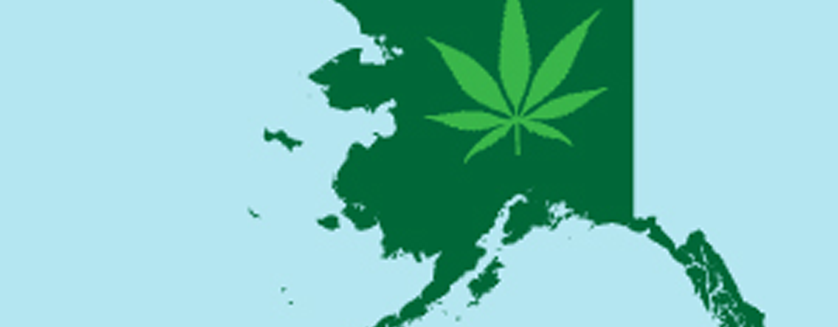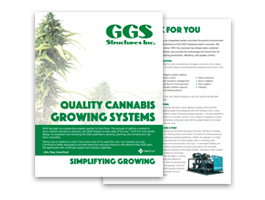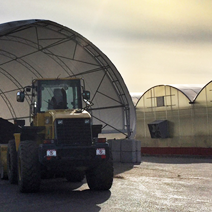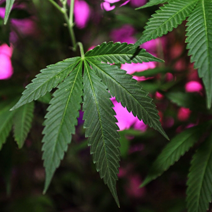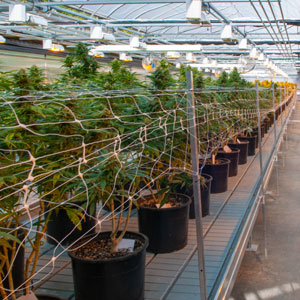Marijuana Cultivation: Urban Alaska vs. Rural Alaska
 All over the United States and Canada the same discussion can be heard: Where should we grow marijuana? Is it an agricultural crop that should be grown and harvested on farms and in commercial greenhouses, or is marijuana medicine that should be processed in industrial factories?
All over the United States and Canada the same discussion can be heard: Where should we grow marijuana? Is it an agricultural crop that should be grown and harvested on farms and in commercial greenhouses, or is marijuana medicine that should be processed in industrial factories?
The Alaska Commons noted that the majority of the discussion pertaining to legal marijuana has focused on the state’s organized boroughs and cities. And since Anchorage, Fairbanks, and Juneau comprise half the population of the entire state, it is logical to expect the majority of the business licenses to grow marijuana in Alaska will be located in one for those three cities.
In British Columbia, Canada the debate over agricultural land use for growing marijuana reached a fevered pitch in 2014 when the provincial government decided they would allow cannabis cultivation warehouses to be built on farmland, including in the Agricultural Land Reserve. Local politicians argued that the high-security buildings would be a better fit in industrial parks where police services are better equipped.
Jump to Alaska’s current political discussions over Ballot Measure 2, which was approved in November 2014 to allow adult use of marijuana and to regulate and tax it similar to alcohol, and you will find safety at the core of the argument against marijuana growing on rural lands.
According to the Alaska Commons, Nome Mayor, Denise Michels led with the concern that rural Alaskan communities don’t have the water and sewer systems capable of dealing with fire risks associated with products like butane hash oil (BHO), a process in which marijuana is blasted with liquid butane to create a resin that has highly concentrated THC. She commented that BHO has been linked to dozens of explosions in Colorado and others in California and Washington.
An additional concern of rural Alaska is their dependence on federal funding. With marijuana still illegal on a federal level, state politicians are concerned that there will be a need for communities to remain drug free in order to have access to federal grants.
This concern is also not unfounded as we have seen, California, Washington, Oregon, and Colorado all put under pressure by the US Federal government restricting the use of federal water to marijuana growers even though the marijuana is being legally grown within their state.
With Alaska expecting licenses to be awarded in May 2016, it is clear that there is much work to be done before legislators have the regulations in place to govern the growing, manufacturing, and sale of marijuana.
Sources:
http://www.alaskacommons.com/2015/02/08/challenge-regulating-pot-rural-alaska/
http://ggs-greenhouse.com/blog/marijuana-bunkers-called-waste-canadas-best-farmland
